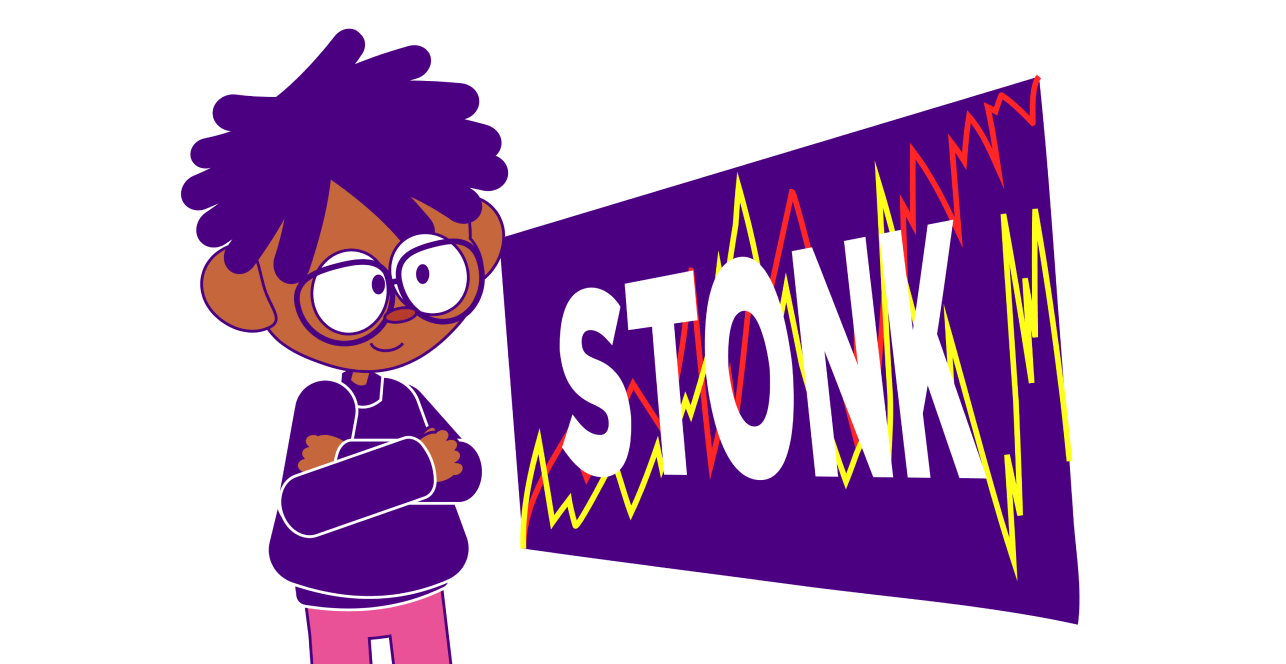The problem in detail
Teen apathy is fuelled by:
The transition from the tactile/creative to the cerebral/regimented.
Social media disrupting the acquisition of the necessary personal confidence and social skills to thrive.
The transition from the tactile/creative to the cerebral/regimented.
Speaking of which, traditional schooling right now...
Teacher-as-master who only provides feedback via mandatory student submissions.
Curricular/pedagogical emphasis on preparing them for standardised tests. (Luckily this is finally changing in BC at least)
A lack of capital/human resources and adequate time/incentives professional development
Teen failure after graduation stem from lack of real life/work preparation
70%
Recent Graduates Say they would have worked harder if they had known about the realities of college and the work world
Parents say that if they had it to do over again, they would be more involved in their child’s education.
60%
Our Solution in detail
We will reimagine/reconfigure the BC curriculum using a pedagogical approach known as Debate Across the Curriculum:
“Students engage in structured debates in ALL classes apart from the obvious ones like SS and English – Math and Science, specifically.”

But Why?
Debate is a student-centered, problem/project-based learning model with a long history (as far back as Socrates) AND emerging research data that support its efficacy as a means of acquiring the necessary intellectual, personal and interpersonal skills to meet the challenges of tomorrow.


We will utilize the capital/human resources of our public/private partners
to offer a variety of 2 week Workshops interspersed throughout the academic year.
Learning a skill
Guest mentors lead teams in practical & hands-on skills building using (i.e.) data analysis, or journalistic research


Learning how to think
Teachers guide students as individuals and team members on how to think using (i.e.) graphic simulations utilizing game theory, and video games such as Civilization
Learning personal development
Teachers guide students as individuals and team members on how to think using (i.e.) graphic simulations utilizing game theory, and video games such as Civilization

Relevant Research
The following links are to relevant research on the efficacy of debate instruction across the socio-economic spectrum. The simplest summary of the results of these studies is that participation in debate is a reasonably good predictor for positive academic and psycho-social success, and these positive results are seen in inner city schools that typically struggle to achieve these positive outcomes.
Participating in Policy Debate raises academic performance
8%
ACT score rise
11%
GPA score rise
Versus non-debaters across racial and economic divides
Debate participation increases engagement
12%
more likelihood to move on to high school for Elementary and Middle School debaters, and particularly minorities
Debate participation increases academic achievement
0.66
more on cumulative GPAs for high school debaters
Higher score on SAT Math and Evidence-Based Reading and Writing Sections for debaters versus non-debaters across racial and economic divides by…
20%
This study correlates debate participation with positive social-emotional outcomes
Increase in Grit, Growth-Mindset, Civic Engagement and Mood. For Policy debaters from across the social and economic divides comparing to non-debaters
This study correlates debate with increased college matriculation rates
12%
increase in college graduation rates for debaters versus non-debaters across racial and economic divides.
More background reading on debate’s efficacy
Robert E. Litan is a Nonresident Senior Fellow – Economic Studies, Center on Regulation and Markets at the Brookings Institute, and a hugely influential, enthusiastic supporter of debate training for kids of all ages.
Click here for his bio: https://www.brookings.edu/experts/robert-e-litan/
Here are some links to a book and an article on his vision for debate instruction: